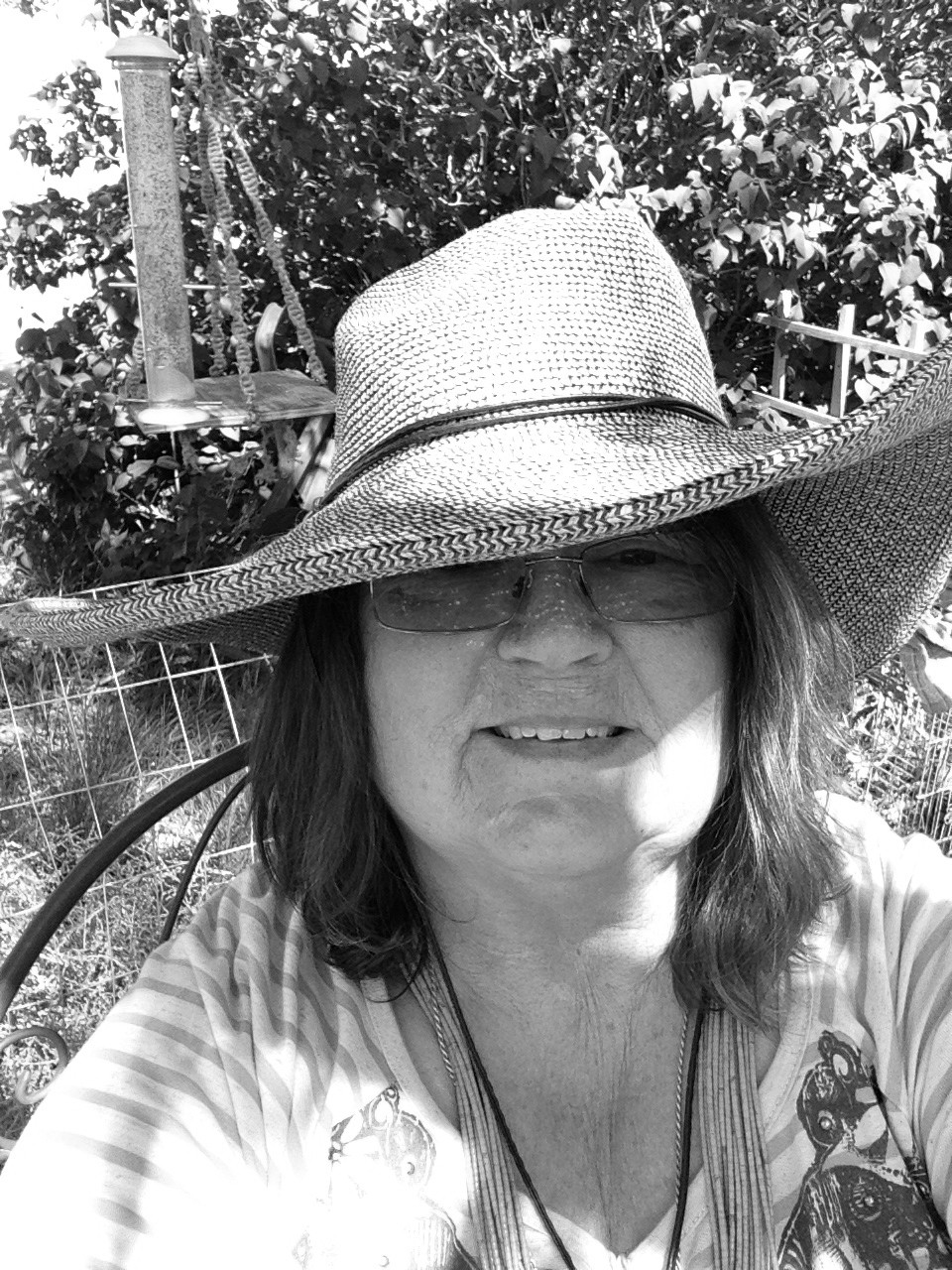Movin' On with Nellie: ‘Only the Lonely’ know the way I feel

Roy Orbison’s 1960 song, “Only the Lonely,” captures the condition of many 60 and over who have retired, become disabled, seen the empty nest drag on and on or experienced cultural abandonment. The lyrics start: “Only the lonely know the way I feel tonight.” Since the 60’s, this song has enjoyed recognition in melody and lyrics. Setting the stage for the loneliness felt by John Candy’s character, a middle-aged man living at home, and by widowed mother (Maureen O’Hara) as an empty nester in “Only the Lonely” (1991), the tune walks us through the movie and our cultural repulsion to aging.
As many of us know, our U.S. population is maturing. The Greatest Generation saw the Baby Boomers (BBers) replace them. Likewise, the BBers are being displaced by Gen X, Millennials, Gen Z and the upcoming would-be Gen MARS (that generation relocating to other planets like Mars). The elderly are like non-things; in restaurants some feel ignored and are often cast looks that wield: “What are YOU doing here; YOU shouldn’t be here.” Or the look might feel even worse: “I don’t want you here because you remind me death comes.” Children of BBers put geographic and emotional distance between them and their original family; they appear happiest living out of reach. Gone are the family sit down dinners and feeling connected to math homework, practicing ABC’s or cheering for the home team.
“Reach out and touch someone” AT&T’s jingle from 1987 has long disintegrated into Smartphone apps and Facebook-Instagram-Twitter-Snap Chat social media where face-to-face handshakes and hugs are evaporated in emojis: smiley face, sad face, angry face and sleepy face. Although adult children may be connected on all these medias, they are limiting virtual or in-person visits with their parents or siblings. Thus, a lonely world is indeed blooming for the senior citizenry.
The abandonment and subsequent depression felt by seniors is then compounded by abusive policies that allowed revenue imbalances to explode so that only the top 1 percent of the nation’s people own MOST of the wealth. The other 99 percent of the people are struggling with buying bread, broccoli, beef and basin supplies versus utility bills or medicine. Recently, Americans for Tax Fairness published: “In the 1950s and 1960s, when the economy was booming, the wealthiest Americans paid a top income tax rate of 91 percent. Today, the top rate is 43.4 percent.” (americansfortaxfairness.org)
Nothing about this situation mirrors democracy or Christianity as it neither is guided by the wishes of the citizens or by the morals claimed by Christianity (or other religions), i.e. love one another, honor your parents. John 13:34-35 says “A new command I give you: . . .As I have loved you, so you must love one another.”
Contrarily to our Christian-Judean morals, some disabled/retired and elderly have received State letters saying that although they qualified for extra medical help (Medicaid) last week, this week that help has been yanked out from under their porch. So, what are abandoned bodies to do? Cry? Compassion can address what the lonely feel tonight. Increasing senior commodities or bringing Sunday lunch to neighbors gobbling up fluff like peanut butter sandwiches may impeach the world only honoring multitudes of money, money, money.
For example, Christian Community Services Project, Alamosa and Monte Vista Emergency Food Banks and La Puente Outreach grip that reality of dollars-not-stretching-to-cover-necessities by offering house repairs, nutritional fare and dollars to past-due utilities. Culturally, we’re behooved to be kind and empathetic. Elect those who reign in an oligarchy squeezing wealth from the workers thus sliding us toward a medieval feudal society where disease, and malnutrition flourish. Instead consider restoring programs that tax the millionaires and billionaires.
So, if only the lonely know the way you feel today, and you’re blue or crestfallen, help for depression is at lighterblue.com or National Suicide Prevention Lifeline at 1-800-273-8255. There is also muscle in meeting others who want to make a difference; and there is empowerment in doling out kindness, in reaching out to elders by phone or at their doors. We can all be the love we want to see.
—Nelda Curtiss is a retired college professor who enjoys writing and fine arts. Contact her at [email protected]



